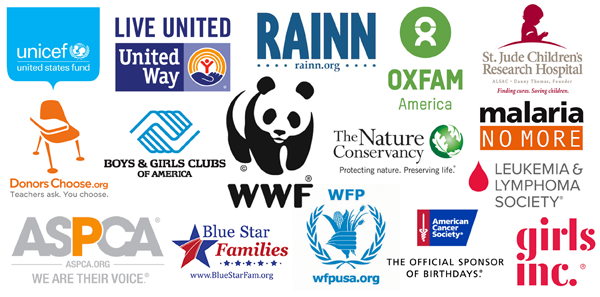Home
About Us
Page 2
Essentially, this program has been established to make use of the aforementioned "omics" technologies to develop predictive modeling processes of infectious disease initiation, progression and outcome.
|
|
The guidelines of the grant requires that the applicants develop a program that has a solid foundation on data analysis and mathematical modeling to identify, quantify, model and predict the architecture and dynamics of systems-wide host/pathogen molecular interaction networks, including metabolic, regulatory and signaling networks, at different stages of infection.
The program hopes that the State-of-the-art next-generation sequencing, transcriptomics, proteomics, metabolomics and other high-throughput "omics" technologies could successfully enable the efficient generation of very large experimental data sets that can be integrated to build/train predictive computational models of complex biological systems.
To support these initiatives, the NIH is set to administer funds in the amount of $13,000,000.
The institutions and organizations who will be deemed eligible to participate this program are the following:
a) State Governments
b) County Governments
c) City or Township Governments
d) Special District Governments
f) Independent School Districts
g) Public and State Controlled Institutions of Higher Education
h) Native American Tribal Governments
i) Nonprofit Organizations
j) Small Businesses
k) Private Institutions of Higher Education
OMICS Technologies For Predictive Modeling of Infectious Diseases Program
Back to Page 1
About The Author Michael Saunders is an editor of TopGovernmentGrants.com one the the most comprehensive Websites offering information on government grants and federal government programs. He also maintains Websites providing resources on environmental grants and grants for youth programs. |
Additional Resources
category - Health Grants
Mobile Health Tools to Promote Effective Patient Provider Communication to Underserved Populations
Behavioral Risk Factor Surveillance System
Eradication of HIV from CNS Reservoirs: Implications for Therapeutics Grant Program
Rural Health Research Center Program
Follow @topgovtgrant
Social Entrepreneurship
Spotlight
Facebook Launches ‘Donate’ Button, Gives Philanthropy New Meaning

Facebook announces a new feature called Donate which makes it possible for anybody to give back to a charity of their choice through its Facebook Page.
